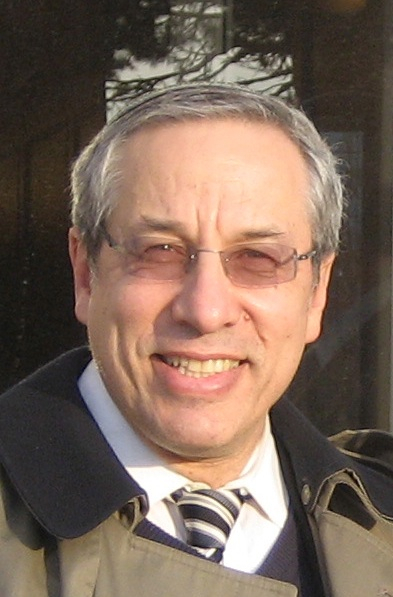Opinion: Compassion is also a Jewish virtue
By Rabbi Herschel Billet
Issue of January 1, 2010/ 15 Tevet 5770As an Orthodox Jew and an ordained rabbi, I fully accept that the Torah from the very beginning endorses heterosexual relationships and forbids and condemns homosexual relationships in very strong terms. From my perspective the Halacha is unequivocal and we are duty-bound to accept it in both theory and practice.Nevertheless, I believe that Chazal would not have wanted the story to end with this determination of what the Halacha requires of us. In addition to observing Halacha fully, we must also understand the complicated situations of human beings in non-ideal situations in the real world.
Rav Yochanan ben Zakkai instructed his five great students to “go out and see a good path to embody and a bad path to avoid.” Why should five of the greatest rabbis of the Mishnah have to “go out and see”? Why not tell them to “Go in and see”? Doesn’t the Bais Midrash contain all of the answers inside its sacred walls? The answer is that perhaps the Bais Midrash alone is insufficient if the Torah is to be a Toras Chaim! Perhaps the lessons of the Bais Midrash must be applied in a practical way to the realities of an imperfect world. An Orthodox Jew knows well what the Torah says about homosexuality. But what many of us do not know, and I believe should know, is what it is like to be a homosexual person from an Orthodox Jewish family trying to live in an Orthodox Jewish community. Unfortunately the Bais Midrash cannot teach you that. Only “going OUT and seeing” can teach you about that subject.
There are several points that must be realized. First, not every homosexual is guilty of violating the Torah’s law the same way that not every heterosexual engages in violation of the laws of the Torah’s sexual ethic. A sexual orientation does not mean engaging in any sexual act. Secondly, the homosexual act, not the person, is called an “abomination” by the Torah. Thirdly, there is a very human element that is part of the greater picture. The homosexual who has received a Torah education is fully aware that his sexual orientation is anathema to the halachic community. He inevitably becomes a social pariah in the community. His pain is immense because he cannot help being who he is and yet fears that he will either cause pain to or get no sympathy from those who are near and dear to him. If he ever reveals the truth he must then confront the pain and confusion of his parents, the embarrassment that his Orthodox family often feels, the fear of and for his siblings who might lose shidduchim because of him, and the fear of social ostracization by his friends. How many people have ever witnessed the anguish of all of this and more with a homosexual and his family? I have.
As a clergyman who interacts with people and their families from many different communities I have seen the suffering and have wondered whether as an Orthodox community we could show compassion and empathy while at the same time not condoning homosexual behavior. We must find a way! But we will never learn how to do it unless our eyes, minds and hearts are opened and sensitized to these realities. The old Yeshiva bachur in me could not have written these sentences. But my calling in life — the rabbinate — has led me to “go out and see” and that has enabled me to understand things that I would have neither expected nor could have ever learned in the Bais Midrash.
Acknowledgment does not mean approval; compassion does not mean compromise of Halachic principle; and recognition of reality need not result in reformation of Judaism. Homosexuality is part of the human condition. It was around when the Torah was given at Sinai and it exists within all streams of the Orthodox Jewish world. It is not exclusively found amongst any one group in our spectrum. It is in the “Modern Orthodox world,” the “Yeshiva world,” and the “Chassidishe world,” as well. It is time that we recognize that besides being a serious Torah prohibition, homosexuality is also a traumatic experience of the human condition which impacts the lives of so many people — both heterosexual and homosexual — who are near and dear to us and part of our community.

 47.0°,
Mostly Cloudy
47.0°,
Mostly Cloudy 




